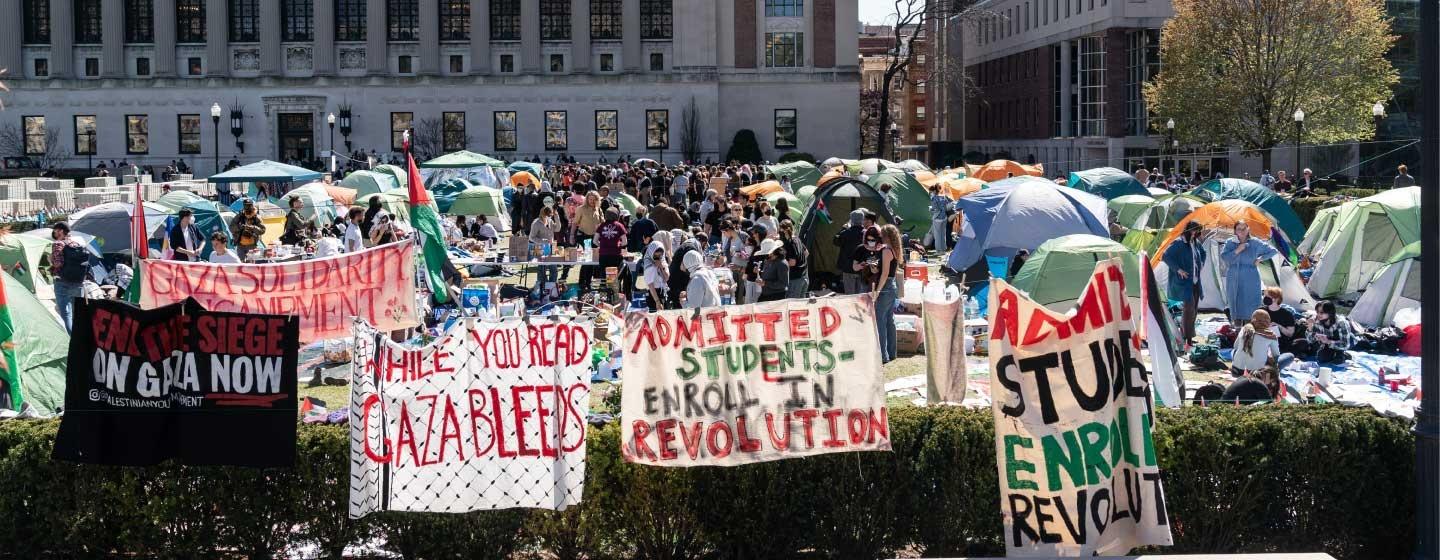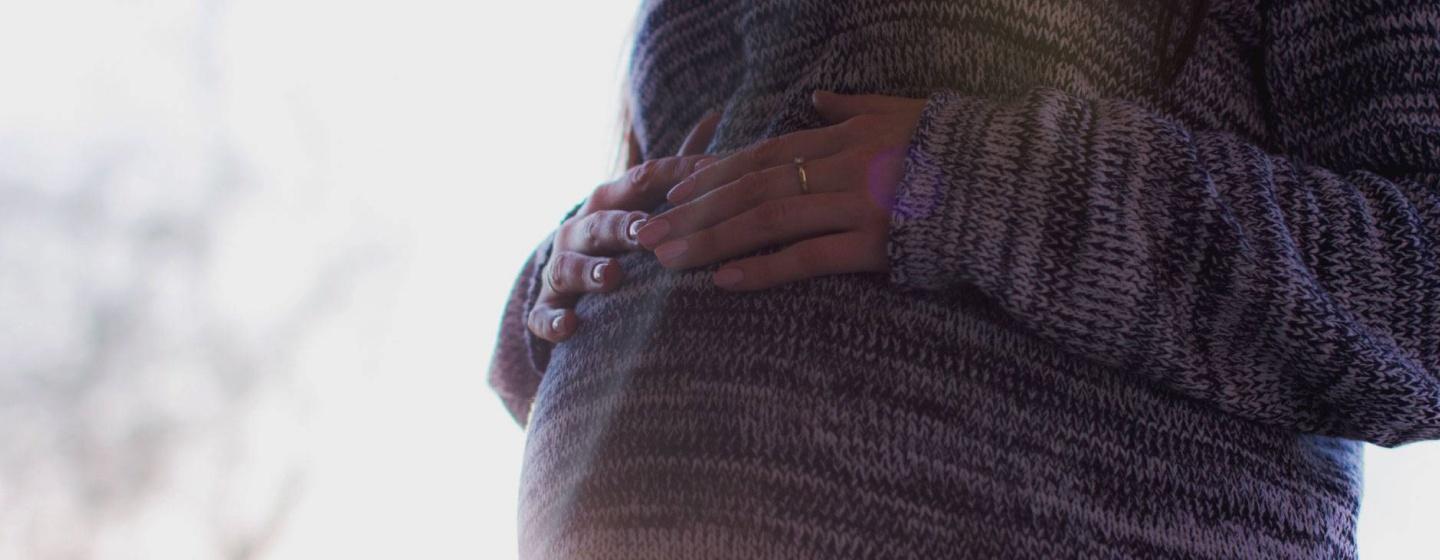Stefanik Leads Push To Oust Columbia’s President Over Pro-Palestinian Protests

North Country Congresswoman Elise Stefanik is leading the push to get the President of Columbia University to resign.
This comes amid pro-Palestinian demonstrations on campus and heightened tensions around the country over the war between Israel and Hamas, which has killed more than 34,000 Palestinians and 1,200 Israelis.
According to the Anti-Defamation League, there has been a 360% increase in antisemitic incidents in the US since the war in Gaza began in October.
In November, Columbia University in New York City established a task force to combat antisemitism. And then last week, students, including many Jewish students, began to gather on campus in a Pro-Palestinian demonstration.
The university’s president and members of its board testified in front of Congress and Rep. Stefanik led the questioning. She pushed Columbia’s president Dr. Minouche Shafik about her prior testimony, that the protests on campus weren’t anti-Jewish.
"Dr. Shafik, you realize that at some of these events, the slurs and the comments have been 'F*** the Jews,' 'Death to Jews,' "F*** Israel,' 'No safe place,' 'Death to the Zionist state,' 'Jews out.' You don’t think those are anti-Jewish?" Stefanik asked.
"Completely anti-Jewish, completely unacceptable," said Shafik. "So you change your testimony on that issue, as well?" Stefanik asked, "So there have been anti-Jewish protests?"
"I didn’t get to finish my sentence," Shafik responded. "So what I was going to say was there were protests that were called, that were, that had—" but Stefanik interrupted, "That's not what you were asked. You were asked were there any anti-Jewish protests, and you said no."
"So the protest was not labeled as anti-Jewish protest," Shafik said, as Stefanik again cut in, "I'm not asking what it was labeled."
"It was labeled as an anti-Israeli government policy," Shafik said, while Stefanik cut in again. "The question wasn't what it was labeled," said Stefanik.
"But antisemitic things happened, or antisemitic things were said," continued Shafik.
As tensions heightened on Columbia's campus, the NYPD intervened, arresting more than 100 protesters on Thursday. On Monday, the university moved all classes online. There are pro-Palestinian encampments on other campus campuses around the country right now, including at NYU, MIT, Yale, and the University of Michigan.
Governor Kathy Hochul visited Columbia's campus Monday and said she spoke with both students and staff about freedom of speech and campus safety for all.
"Students are scared, they're afraid to walk on campus," Hochul said in a video she posted to X. "They don't deserve that. They deserve to be in an environment that is free from discrimination, as required by state human rights laws.
New York’s Republican delegation in Congress, led by Stefanik, published a letter on Monday calling for Columbia’s president to resign. Stefanik led a similar pushback in December after questioning the presidents of Harvard, UPenn, and MIT about antisemitism on college campuses.
In a recent opinion piece published by the Chronicle of Higher Education, Princeton professor David Bell warned that Stefanik now has a "dangerous influence over higher education."
"Stefanik and her Republican colleagues do not have any real interest in solving campus problems," Bell wrote. "Their goal is to expose liberal elites as corrupt, dangerous, and anti-American — and to paint themselves as heroes capable of bludgeoning these nefarious enemies into submission."
In December, just days after questioning the presidents of Harvard, UPenn, and MIT, the president of UPenn resigned. Stefanik tweeted “One down, two to go,” referring to the college president’s resignation. Less than a month later, Harvard’s president resigned.
This article was originally published on North Country Public Radio.
Related

New State Budget Requires NY Employers To Give Paid Leave for Prenatal Care
The just-passed state budget includes new laws aimed at improving maternal health.


